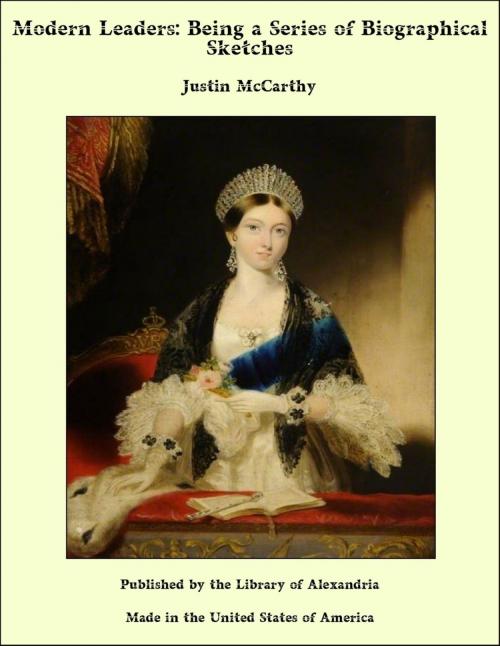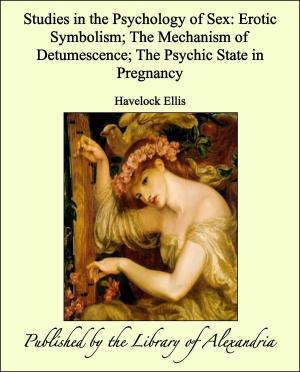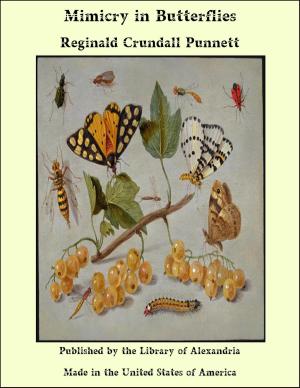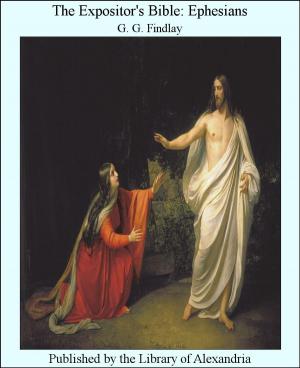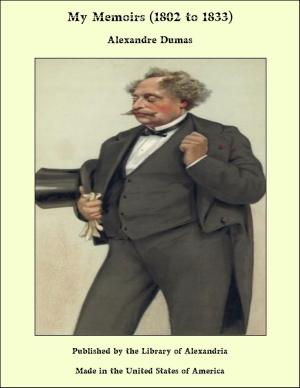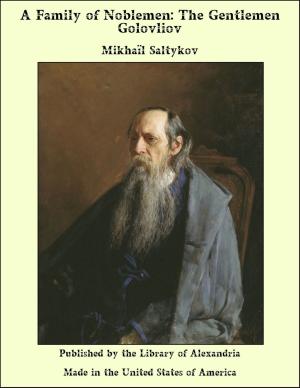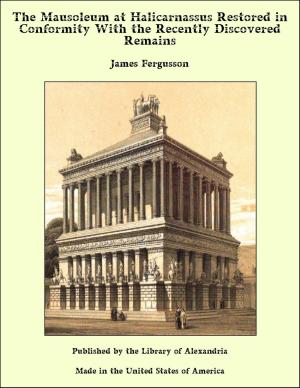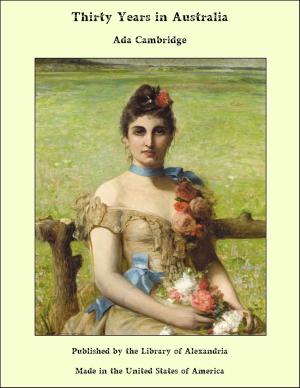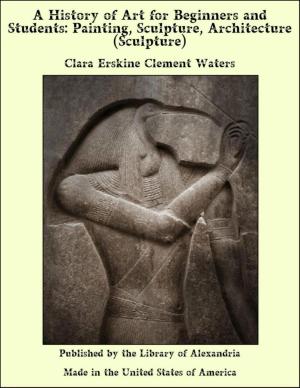Modern Leaders: Being a Series of Biographical Sketches
Nonfiction, Religion & Spirituality, New Age, History, Fiction & Literature| Author: | Justin McCarthy | ISBN: | 9781465613578 |
| Publisher: | Library of Alexandria | Publication: | March 8, 2015 |
| Imprint: | Language: | English |
| Author: | Justin McCarthy |
| ISBN: | 9781465613578 |
| Publisher: | Library of Alexandria |
| Publication: | March 8, 2015 |
| Imprint: | |
| Language: | English |
The sketches which make up this volume are neither purely critical nor merely biographical. They endeavor to give the American reader a clear and just idea of each individual in his intellect, his character, his place in politics, letters, and society. In some instances I have written of friends whom I know personally and well; in others of men with whom I have but slight acquaintance; in others still of persons whom I have only seen. But in every instance those whom I describe are persons whom I have been able to study on the spot, whose character and doings I have heard commonly discussed by those who actually knew them. In no case whatever are the opinions I have given drawn merely from books and newspapers. This value, therefore, these essays may have to an American, that they are not such descriptions as any of us might be enabled to put into print by the mere help of study and reading; descriptions for example such as one might make of Henry VIII. or Voltaire. They are in every instance, even when intimate and direct personal acquaintance least assist them, the result of close observation and that appreciation of the originals which comes from habitual intercourse with those who know them and submit them to constant criticism. I have not made any alteration in the essays which were written some years ago. Let them stand as portraits bearing that date. If 1872 has in any instance changed the features and the fortunes of 1869 and 1870, it cannot make untrue what then was true. What I wrote in 1869 of the Prince of Wales, for example, will probably not wholly apply to the Prince of Wales to-day. We all believe that he has lately changed for the better. But what I wrote then I still believe was true then; and it is a fair contribution to history, which does not consent to rub out yesterday because of to-day. I wrote of a "Liberal Triumvirate" of England when the phrase was an accurate expression. It would hardly be accurate now. To-day Mr. Mill does not appear in political life and Mr. Bright has been an exile, owing to his health, for nearly two years from the scenes of parliamentary debate and triumph. But the portraits of the men do not on that account need any change. Even where some reason has been shown me for a modification of my own judgment I have still preferred to leave the written letter as it is. A distinguished Italian friend has impressed on me that King Victor Emanuel is personally a much more ambitious man than I have painted him. My friend has had far better opportunities of judging than I ever could have had; but I gave the best opinion I could, and still holding to it prefer to let it stand, to be taken for what it is worth.
The sketches which make up this volume are neither purely critical nor merely biographical. They endeavor to give the American reader a clear and just idea of each individual in his intellect, his character, his place in politics, letters, and society. In some instances I have written of friends whom I know personally and well; in others of men with whom I have but slight acquaintance; in others still of persons whom I have only seen. But in every instance those whom I describe are persons whom I have been able to study on the spot, whose character and doings I have heard commonly discussed by those who actually knew them. In no case whatever are the opinions I have given drawn merely from books and newspapers. This value, therefore, these essays may have to an American, that they are not such descriptions as any of us might be enabled to put into print by the mere help of study and reading; descriptions for example such as one might make of Henry VIII. or Voltaire. They are in every instance, even when intimate and direct personal acquaintance least assist them, the result of close observation and that appreciation of the originals which comes from habitual intercourse with those who know them and submit them to constant criticism. I have not made any alteration in the essays which were written some years ago. Let them stand as portraits bearing that date. If 1872 has in any instance changed the features and the fortunes of 1869 and 1870, it cannot make untrue what then was true. What I wrote in 1869 of the Prince of Wales, for example, will probably not wholly apply to the Prince of Wales to-day. We all believe that he has lately changed for the better. But what I wrote then I still believe was true then; and it is a fair contribution to history, which does not consent to rub out yesterday because of to-day. I wrote of a "Liberal Triumvirate" of England when the phrase was an accurate expression. It would hardly be accurate now. To-day Mr. Mill does not appear in political life and Mr. Bright has been an exile, owing to his health, for nearly two years from the scenes of parliamentary debate and triumph. But the portraits of the men do not on that account need any change. Even where some reason has been shown me for a modification of my own judgment I have still preferred to leave the written letter as it is. A distinguished Italian friend has impressed on me that King Victor Emanuel is personally a much more ambitious man than I have painted him. My friend has had far better opportunities of judging than I ever could have had; but I gave the best opinion I could, and still holding to it prefer to let it stand, to be taken for what it is worth.
